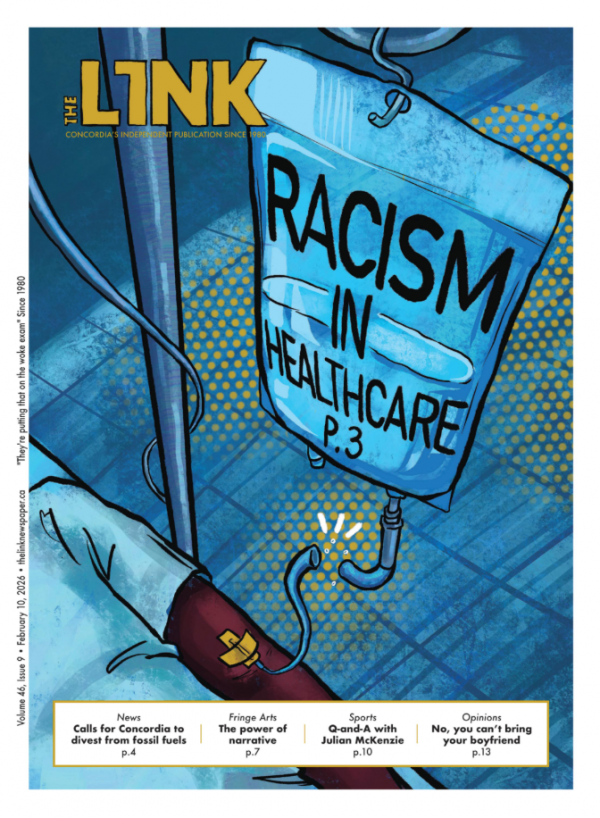Editorial: In Support of a Rent Strike
Why Are Tenants Still Expected to Pay Rent Without Income?
Tomorrow, Wednesday, April 1, would be the day tenants pay rent to their landlords for the month, under normal circumstances.
As you probably know, these aren’t normal circumstances.
And yet, at a time when many are thrust into joblessness and financial precarity, renters are still expected to pay up like there isn’t a century-defining pandemic going on right now.
That’s why The Link is in favour of a rent strike, meaning that you don’t pay your landlord on April 1, even if you can afford to.
As more and more measures are being implemented by the provincial and federal governments to prevent the spread of COVID-19, many people are now out of a job and without income.
Much of what is unfair about the current situation for tenants is that lots of payments of other kinds are being deferred: federal and provincial income tax returns can now be submitted by June 1 instead of the end of April, student loan payments are being pushed back by three months, and Hydro-Québec will not cut off power to customers who are late on their bills and will not charge fees for late payments. Banks have also suggested some flexibility around mortgage payments.
And yet, tenants are still expected to come up with the money for their rent on April 1, even if they’ve lost their income as most businesses have closed during this period of social distancing. But why?
According to the Canadian Centre for Policy Alternatives, a quarter of renters in Canada don’t have enough to sustain a single week without pay. Meanwhile, a complicated patchwork of government relief measures leaves many still unsure of whether they will qualify and for how much. Why do renters, who are so often in precarious economic situations in the first place, still have to pay rent while big businesses like airlines get to beg for bailouts?
Why is it that the poor are encouraged to pinch pennies, while rent for a vacant one-bedroom apartment in Montreal has gone up by more than 35 per cent in one year according to rentals.ca? Our land-owning leaders have done little to recognize this as the catastrophe it is. And yet, landlords can’t miss one month’s rent without it being a crisis.
The government needs to be doing more, and it needs to tackle the problem of rent directly. Why distribute such modest sums—at a massive expense—with the expectation that tenants fork over the majority of it to landlords who are enjoying skyrocketing rents and property values?
A rent strike offers the opportunity to get attention and to make a demand: Don’t gently suggest landlords have a heart. Freeze rent. Don’t defer it—cancel it, and do what it takes to make this feasible, such as mandating mortgage deferrals rather than counting on the kindness of the banks.
Forcing payment when so many can no longer realistically afford it—through no fault of their own—puts unnecessary pressure on some of those most at risk, especially when aid from the Canadian government won’t be available before April 6. It’s not a disagreement anymore, it’s an attack on the working class.




_(1)_600_375_s_c1.png)
